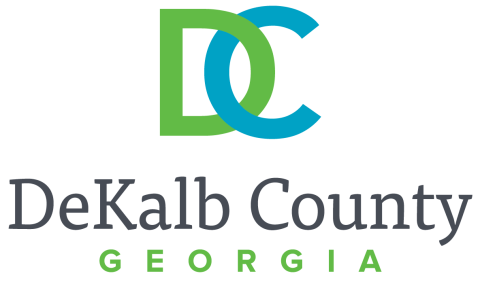
DeKalb County Achieves ‘Functional Zero’ For Veteran Homelessness
Milestone means all homeless veterans can receive fast access to housing and services
DECATUR, Ga. – The U.S. Interagency Council on Homelessness, Department of Housing and Urban Development and Department of Veterans’ Affairs have confirmed that DeKalb County has developed and implemented the infrastructure and systems to ensure veterans experiencing homelessness can receive quick access to services and housing.
The benchmark is called “Functional Zero” and means that any homeless veteran who will accept housing will receive it. DeKalb is the first jurisdiction in Georgia to achieve the Functional Zero status.
“In the first three quarters of 2016, DeKalb housed 378 veterans through permanent housing, Veterans Affairs Supportive Housing vouchers and other programs,” said DeKalb Interim CEO Lee May. “Our Community Development staff and many community partners worked together to put the systems and tools in place to take care of the men and women who served our country.”
To reach Functional Zero, DeKalb met the following benchmarks:
- Chronically homeless veterans who are willing to accept permanent housing intervention are offered and enter permanent housing. Veterans who choose transitional housing or refuse to enter housing when offered are not included.
- Veterans have quick access to permanent housing. The average number of days to permanently house veterans who were willing to accept housing is 90 days or less.
- The community has sufficient permanent-housing capacity. The number of veterans exiting homelessness to permanent housing is greater than the number of newly identified veterans.
- The community is committed to the Housing First model and provides transitional housing in limited instances
###

